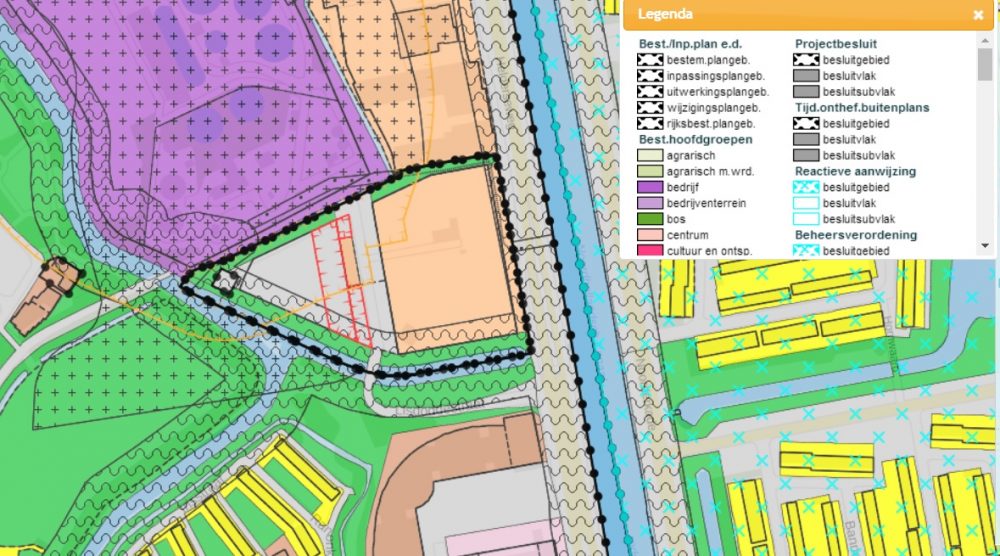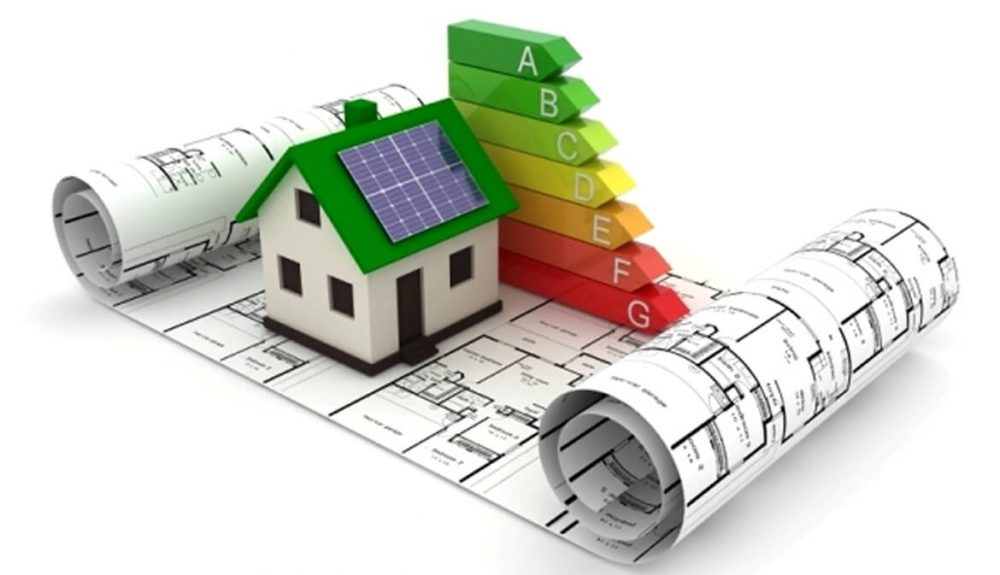Living legally in a Tiny House
If you want to live legally in the Netherlands, there is quite a bit of legislation that you must comply with. Some people think that if you build a house on wheels, this legislation does not apply or applies to a lesser extent. Unfortunately, that is not true. But which legislation do you have to take into account, whether you build fixed or mobile? We have created this overview for you.
Please note: the Omgevingswet came into effect on 01-01-2024. This article was written well before that time and is therefore no longer complete. We advise you to download and read the Tiny Houses Guide for municipalities in addition to this article, so that you are also aware of the latest regulations. You can find the guide here.

Zoning plan
The zoning plan is a document in which a municipality records which functions are permitted in which place, for example: housing, traffic, agriculture or nature. If you want to build something, you must ask your municipality whether your initiative fits within the zoning plan. When it comes to the construction or placement of a Tiny House for permanent residence, to function as a year round residency and not as a holiday home, you need a plot with the destination residence (in Dutch: wonen). You can look up which destination the location of your choice has on the website ruimtelijkeplannen.nl.
Hint: the Municipal Executive can decide to temporarily change a destination, via Article 2.12, paragraph 1, of the Environmental Law General Provisions Act (Wabo). See infomil.nl for more information about this option.
Environmental permit
A Tiny House for permanent residence is seen as a building, even if in some cases it is built on wheels. To be able to place or build your house somewhere you must apply for an environmental permit. You can request this online at the online environmental desk (omgevingsloket online). This is your next step when you have found a lot and you want to build or place a Tiny House on it. The application is tested against existing legislation (zoning plan, welstand, building decree, building regulation), which must ensure that the structure meets safety requirements and causes no or an acceptable level of nuisance to people and the environment. The environmental permit is legally regulated in the Wabo.
Building Decree (Bouwbesluit) 2012
The Building Decree is a collection of construction-technical regulations that all construction works in the Netherlands must comply with. These regulations must guarantee a minimum level of safety, health, usability, energy efficiency and the environmental aspects. In the Building Decree, performance requirements have been set for each function, which for example, indicate minimum dimensions per user area. A lighter version of the performance requirements has been applied for temporary and private construction. The Klein Wonen knowledge file of Platform 31 contains a handy overview of the rules that apply to small housing types.

The equivalence provision (gelijkwaardigheidsbepaling) in the Building Decree provides an opportunity to deviate from the requirements if it can be made plausible that the design submitted meets the underlying performance requirements.
Basic Registration Persons (BRP)
Registration in the BRP is mandatory for anyone staying in the Netherlands for more than four months. You must register within the municipality where you are staying, at a fixed residential or postal address. If you are not registered in the BRP, you are no longer entitled to benefits, rent subsidy, child benefit and, for example, the Surviving Dependents Benefit (ANW).
In addition, there are also consequences for your AOW (General Old Age Pensions Act) and your private insurance policies. You will keep your passport and citizen service number, but applying for a new passport when it expires will be a lot more difficult.

Other regulations
In the above regulations, there may be other local documents that you should take into account. Municipalities often have local agreements such as the General Local Regulation (APV), Welfare criteria and parking standards. In all cases, it is advisable to first discuss your Tiny House plans with the municipality before making investments.
Deviations
There are separate rules for informal care homes, which we have not considered for this article. In addition, you can legally live in some recreation parks with registration in the BRP, the Belangenvereniging Vrij Wonen (BVVW.nl) has a list of parks where this is permitted.
Finally
Joris Vermaessen of Woet Bosgrond gave a fascinating lecture at the Tiny House Nederland Jamboree 2017: “Where can I place my Tiny House?”. Unfortunately it is only availble in Dutch without subtitles, but you can watch the lecture here:



Leave a Reply